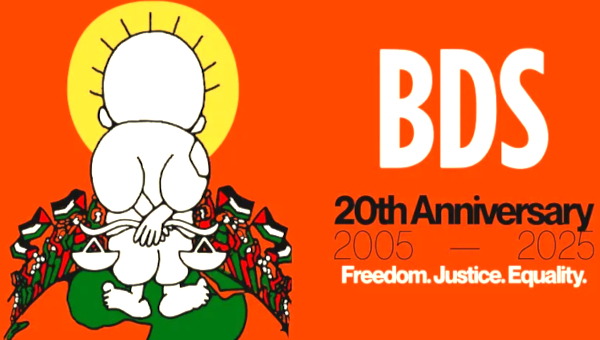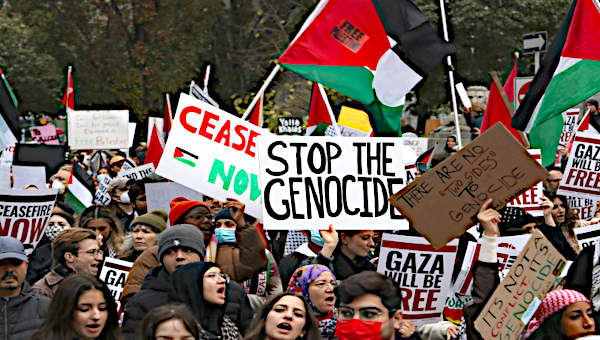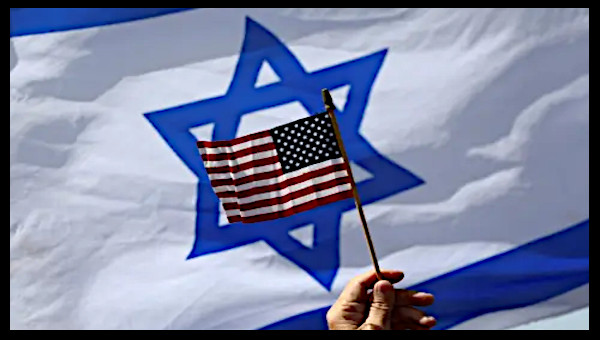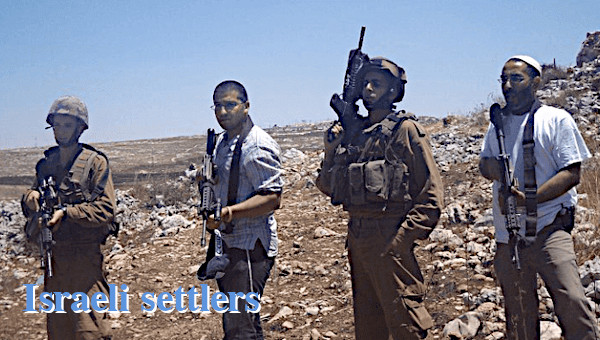For Palestinians, There’s No Difference From One Israeli Government to the Next
“We woke up this morning to the invasion of the Jenin refugee camp. To nine Palestinians killed. To the news that the military had gone in disguised as civilians, inside the van of a Jordanian company.”
The company is called al-Juneidi, and all Palestinian markets have shelves full of its milk cartons, juices and white cheese, featuring its logo in green and blue. Baha Hilo is a Palestinian activist. He lives in Bethlehem, where he has worked for years on olive planting campaigns and in alternative political tourism.
“From outside, it’s the number, nine killed, that can make an impression,” he tells us, “but this is what is happening on a regular basis. I look at Jenin no differently than I look at other Palestinian cities, Jerusalem, Al Ram, Hebron. Jenin has been one of the hardest hit, but to focus on the story of one city by calling it the rebellious heart of the West Bank is to divert attention from the military occupation that is the same everywhere. The message of the story of Jenin is something else: Israel’s inability to secure the final subjugation of the Palestinian people.”
This is what Jenin does for us: it evokes and renders physical the image of devastation. The parallels with other invasions come immediately. The second Intifada is there, just around the corner.
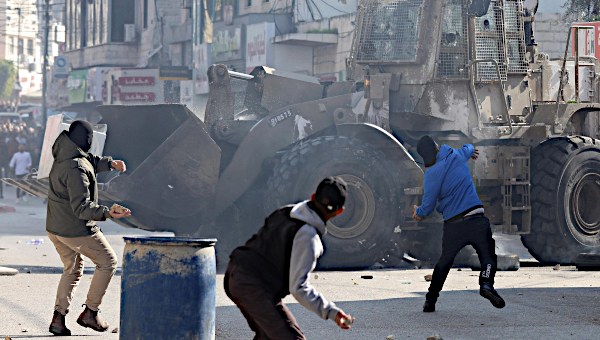
Make Way for Tanks and Bulldozers
As back then, Jenin remains a place of armed organization, in the narrow streets of the camp, the same ones Israel leveled with bulldozers back in 2002: houses had to be destroyed to make way for tanks.
“The fighter groups have always been there,” Baha continues, “but today they are more visible. The latest Israeli raids in Jenin and Nablus were justified by the goal of arresting fighters. They are people from different political backgrounds who work together for a specific reason: they need to support each other. They are hiding, sometimes even from their own parties, Fatah in particular. It is Palestine that unites them. Their affiliation is Palestine. That’s why people see them as heroes: they take up arms and risk their lives for the freedom of their people.”
Baha stresses the same point that every Palestinian will make: international law recognizes the right to resist an illegal military occupation by any means necessary. Jamal Zakout, former militant of the Democratic Front for the Liberation of Palestine, says the same. He experienced the first Intifada (1987–1993) in Gaza, where an uprising started that captivated the world, only to end up crushed in the dust.
“We don’t need the international community to tell us that Ben Gvir [the Israeli National Security Minister] is an extremist. We want them to enforce international law and end the occupation. What is happening in Jenin is the result of that original crime.”
The Palestinians can’t see the difference between one Israeli government and another. They are living in the darkness in which all cats are gray, since indifference always prevails. Including toward this government, dubbed by the world’s media “the most right-wing in Israel’s history,” able to make even Western leaders cringe, who are usually far harder to make any impression on.
Israel Is Guilty of War Crimes
“Since 1948, every Israeli government has been guilty of war crimes against the Palestinian people,” Baha continues. “Every day that an Israeli government maintains the occupation of Palestine is one more day of lawlessness. Here we say that the right wing and the left wing are wings of the same bird. Only the international media sees a difference.”
“Israel feels it has a free hand to do whatever it wants,” says Zakout, “We were not surprised. The previous government killed 235 Palestinians in a single year. And they called it the ‘government of change.’ In such a context, the weakness of the Palestinian National Authority (PNA) weighs heavily on us, like a boulder. It is debating inscrutable issues – such as who will come after Mahmoud Abbas – without thinking about how to bring this people back together. The Palestinians have no confidence in the PNA, so they’re taking on the task of their own defense: it is a sign of the failure of the current leadership, which is incapable of imagining a national popular strategy, the only thing that can give an answer to our aspirations.” •
This article first published on the Il Manifesto Global website.


